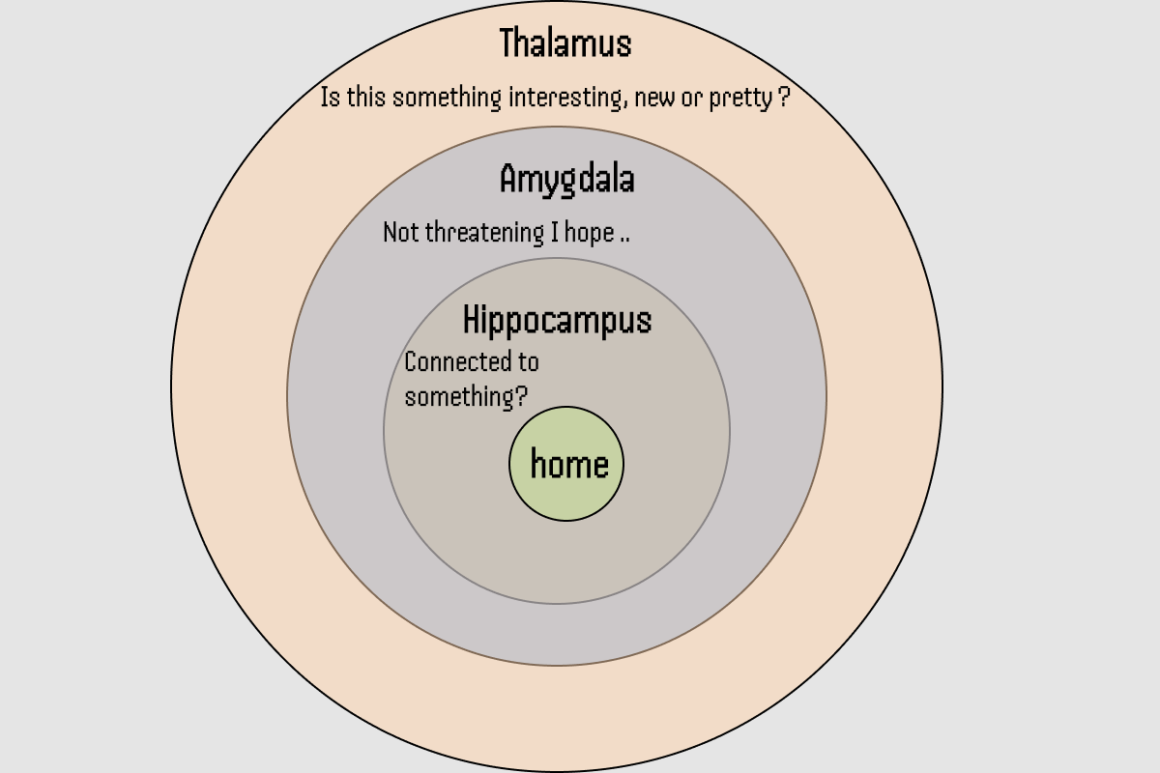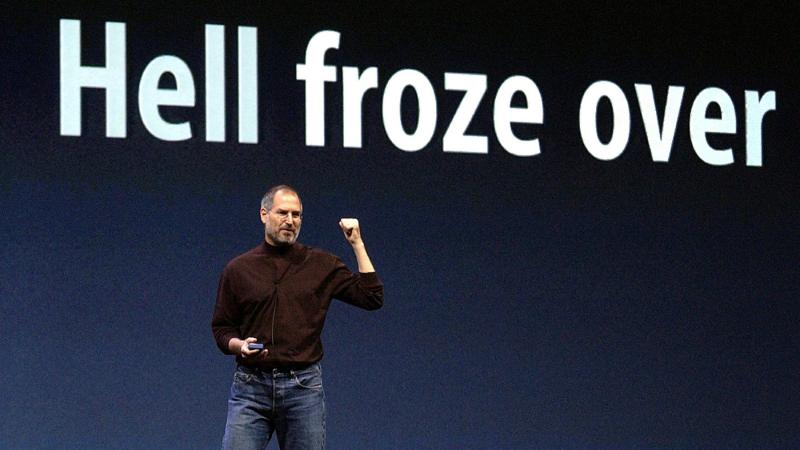It is imperative we understand how attention works in today’s world. Not just to prevent ourselves from getting distracted but also to be able to hold other people’s attention to get things done. This post is my learnings on how attention works from a variety of sources. This is super dumbed down version that helped me wrap my head around this esoteric concept so if you’re somehow an expert who’s bumped into this, I probably should apologise upfront 😊
Let’s start with the basics. The 4 steps in which something gains our attention (attention here referring to becoming the primary thread of our thinking infrastructure). Evan in his twitter thread explains this wonderfully but my summary follows.

- Whatever we see or hear hits our Thalamus that looks for novelty. Is what we’re saying or showing, really interesting or looks beautiful? The human mind had to encourage capture of newness around us to help protect against threats but this threat detection system is what makes it all oh so interesting (read on).
- Next we encounter the Amygdala, assessing for threats. Threats not just of physical kind but those that hurt our ego or challenge our worldviews. These threats induce stress which is the same as a life threatening situation like seeing a snake in the grass would trigger. This is where things get super hard but also interesting. While announcing the support for Microsoft for iTunes in 2003, Steve Jobs did not start by explaining the logic of why Apple had decided to build iTunes for the PC. He did not get into how important it was for iTunes to be on a platform that had 90% market share, to win over the music industry. He understood how Mac faithfuls would perceive this as treachery and addressed it point blank. This is how we must strive to move forward too, by addressing emotions first.
- Next, the Hippocampus looks up any relevant memories and runs a pattern matching algo to connect this new information to something we already know. While delivering a lecture or talk, we can make it easier for people by helping connect the dots ourselves. The more things a piece of information connects to, the better it is retained and understood.
- It’s after jumping the 3 hoops mentioned before, does something reach the s l o w thinking part of the brain.

Chris Bailey in Hyperfocus talks about taking control of attention as being the first step to becoming productive. “Intention before attention” is a point that he makes regularly. To make our workdays productive and our life more meaningful we need to take control of what our mind deems important and then make changes in the way we think and work.
One of the factors that affect our attention is the “working memory” also called “attention space”. Depending on our sleep levels, mood, and whether we are a morning lark or a night owl, our mind has varying attention space at any time. This space determines how much information we can keep in our mind at any time. The more we can control our attention, the easier it is to get to Flow.
Dr Medina talks about the role of Emotionally Charged Stimuli (ECS) in attention and memory, in his book Brain Rules. A key aspect of attention is the relevance of “meaning before details” and importance of gists. By taking a top down approach of proving a hierarchy of building blocks and then expanding on each block, we make it easy to hold people’s attention.
Finally, our ability to listen and make authentic connections is also linked to attention. Genuine connections are an integral part of relationships and if we don’t pay attention to what is truly important for a good life, we are setting ourselves up for a mediocre one. Don’t let important people in your life become residual beneficiaries of your time. Schedule time for them, like you would a meeting.
I run a startup called Harmonize. We are hiring and if you’re looking for an exciting startup journey, please write to jobs@harmonizehq.com. Apart from this blog, I tweet about startup life and practical wisdom in books.